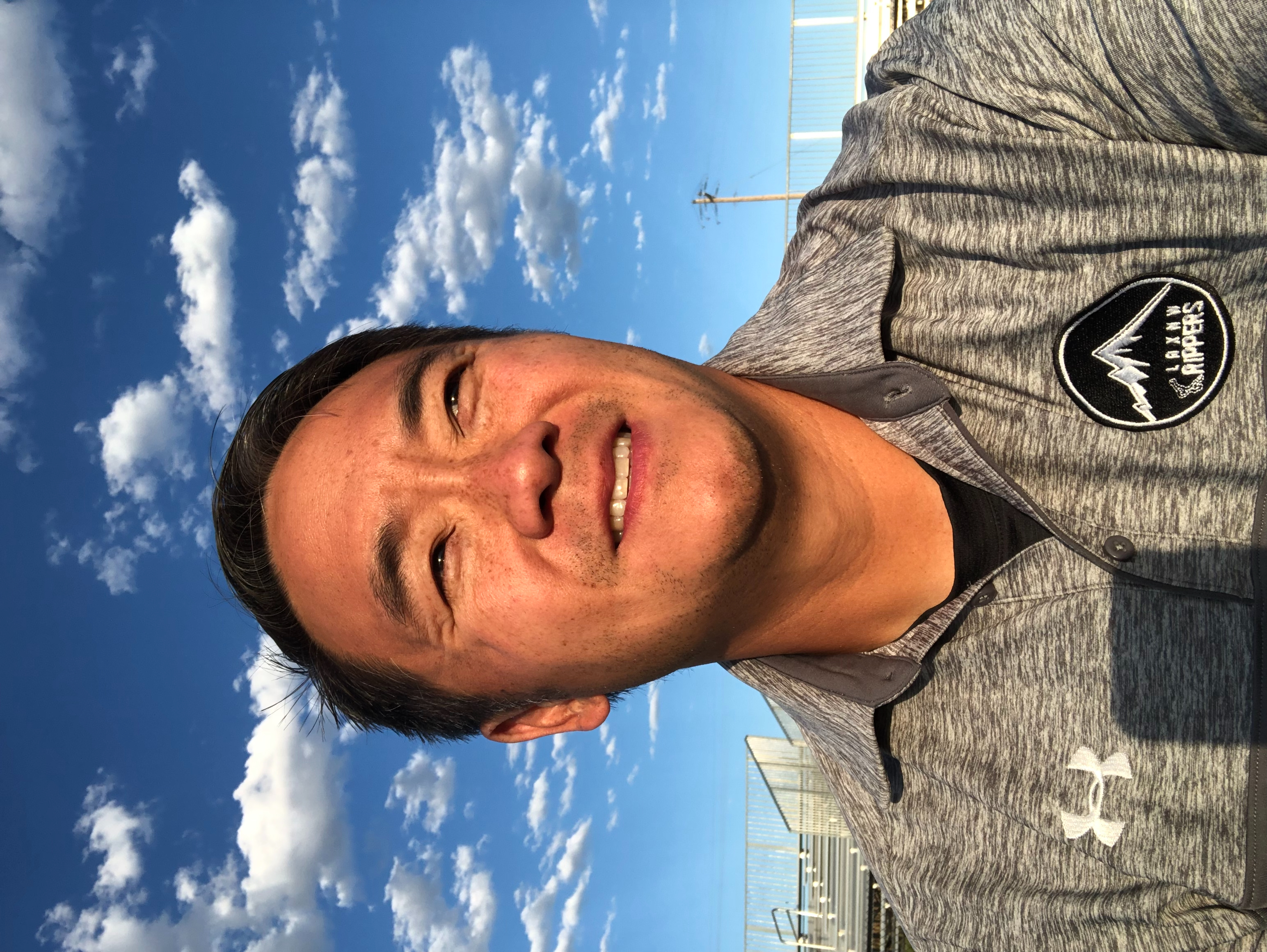Making Your Comeback, How To Return From Injury
- James Yoo

- May 13, 2019
- 3 min read
Updated: Sep 13, 2023

An injury is not just a process of recovery, it a process of discovery.
- Connor McGregor
Recovering from injury can be scary, frustrating, nerve wracking, and a test of your patience. To successfully recover from injury, it's important to challenging yourself to be comfortable with the uncomfortable.
Here are tips to help you to recover from injury and to get comfortable with the uncomfortable:
a. Accept It, Don’t Regret It
The hardest thing about injuries is that you are forced to slow down. It can serve as a time to reflect and gain insight. Start by getting all the “what if’s” out of your system. Feel and embrace the emotions, the regret, sorrow, and anger etc.... Don’t dwell on it, just take the time to label your thoughts and feelings. Identifying your self doubts and fears will help you discover rational versus irrational thoughts.
b. Educate
Myth bust your injury by getting all the facts. Learn the ins and outs by scouring the internet, and by asking your doctor, physical therapist, strengthening coach, and sport psychologist questions. See if you can also find athletes that have suffered the same injury as well. Learn from them so that you can recognize how hard to push it and when to rest. In a nutshell, learn from others and embrace your successes and setbacks. The goal is to build a better relationship with your mind and body.
c. Embrace The Pain, Embrace The Suck
Recovery is a challenge both mentally and physically. Embrace the process by working through the pain and then having the patience to rest and recover. You can only do this with confidence and in a healthy manner by educating yourself and putting in the hard work. Remember to embrace the suck by challenging yourself to change your old habits and to acquire new skills and insights.
d. Trust Your Support Team
Identify the people you trust, this includes family, doctors, physical therapist, sport psychologist, coaches, teammates, and friends. Communicate and take advantage of your support network. They are there to listen to you, to pick you up when you are feeling down, to provide perspective, and to help motivate you. The last thing you want to do, is do it alone.
e. Self Identity
Just because you physically aren’t able to perform doesn’t mean you are no longer active, an athlete, and/or can't contribute to the team. Stay involved and be supportive of your teammates. You will most likely be surprised at the insights you gain by just showing up, watching, supporting others, and/or taking on a new role or responsibility.
Stay connected and find other ways to participate. As a high school lacrosse coach, I often have my injured high school athletes help me coach youth teams in our feeder program.
Lastly, you can dive into new interests that you’ve always been curious about, or dedicate more time to something else you’ve let fall to the wayside.
f. Alternative Training
Stay on top of your game. Be creative with the physical, technical, tactical, and mental aspects of your game. And, train smarter not harder with the guidance of your support team.
Imagery is also a great way to continue to train. Picture yourself playing strong and confident, performing with improved technique, and seeing the game you love from a broader lens. It can also be as simple as watching game film of past performances, watching your team perform in games, and watching professional sports.
g. Gratitude
Be thankful for your supports, your successes, just being an athlete, and who you are as a person. And, remember to embrace your injury by taking the right steps to recover. End or start each day with a statement of personal gratitude.
h. The New You
When you are given the green light to play, understand that you aren’t returning and picking up where to left off. This is the new you, the improved you. So keep moving forward and create a new chapter because life is to be lived now, not in the past.





Comments